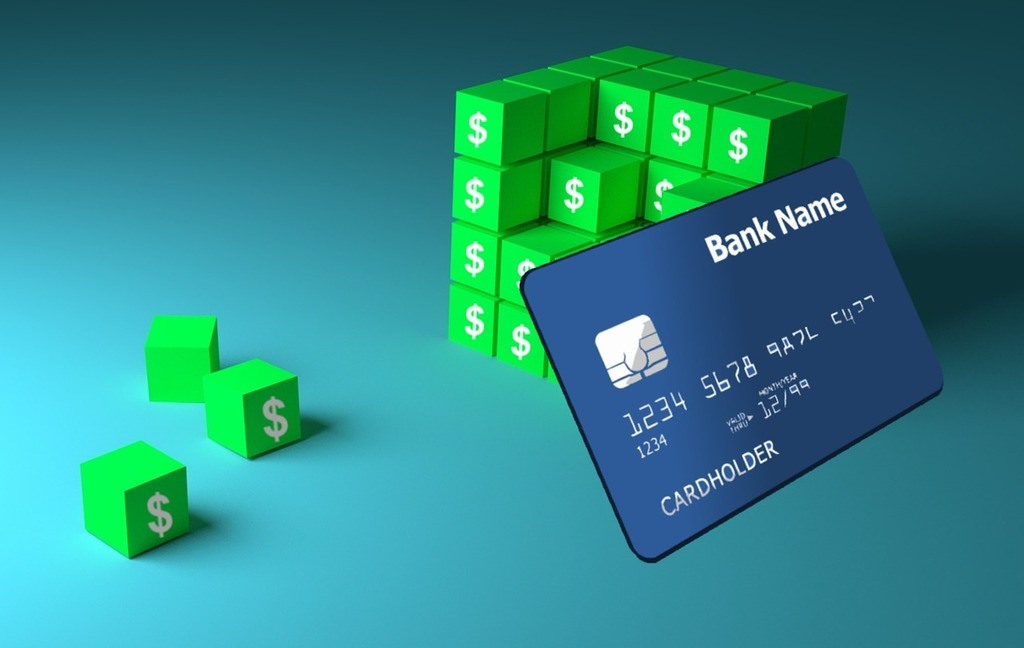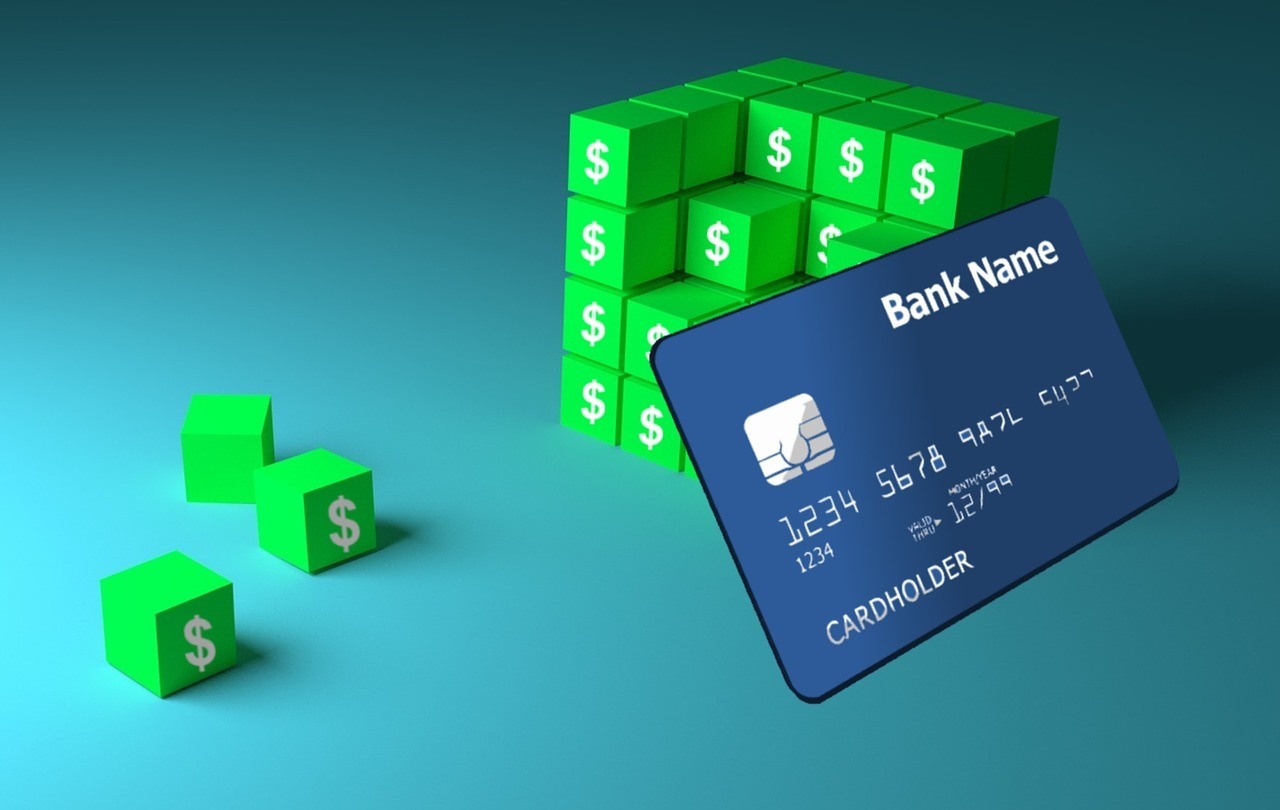Paying bills every month can be pretty monotonous, yet overwhelming. If you have the responsibility of taking care of your own bills, you can definitely relate! Unfortunately, managing bill payments is an essential part of adult life.
Paying your bills each month is essential so continue to have the services you need and the credit you’ve earned without interruption. However, that doesn’t mean you are always on top of getting those bills paid.
How can you best manage recurring expenses?
These five commandments for managing bill payments can help you stay on track:
- Focus on necessities first. In many cases, the challenge with bill payments comes from trying to manage expenses. You have a limited income, so you want to ensure the money is spent most efficiently. To do that, ensure you’re paying for necessities first.
- Since utilities like electricity and water are most important, ensure you take care of those before anything else.
- In order to keep the roof over your head, be sure to allocate the correct portion of your earnings for the rent or mortgage payment.
- If you feel like you’ll lose your mind without cable, how about just adjusting the package you have? Instead of 100 channels, why not cut it down to 50?
- Look into getting things done without taking on an additional payment. Use your community center gym instead of the expensive club in the city.
- Review bills for accuracy. You’d be surprised how often billing companies make mistakes! In order to pay only what you’re supposed to, constantly review your bills.
- If printed bills arrive in the mail late, switch to electronic versions. Those are usually available as soon as they’re generated.
- Call the billing company to clarify any charges you’re uncertain about.
- Document when you request to add or remove services.
- Setup recurring payments. Sometimes the challenge lies in trying to remember when to pay bills. If that’s the case, and if the bill totals are usually the same each month, setup recurring payments.
- Setup direct deposits from your bank account to the account of the billing company. You won’t have to worry about remembering when to pay. Just ensure there’s enough money in the account to cover the bills!
- Pay bills online. If time is a real issue for you, avoid standing in line to pay bills. Many companies facilitate online payments. Make use of it!
- Know your due dates. Being able to keep track of due dates can help you manage bill payments.
- If the dates for different bills vary, you can know how to use your money. It’s not always necessary for you to pay all your bills at one time. Put your money to other uses as long as you know the money will be available before the bill is due.
These are pretty easy commandments to follow to effectively manage your bill payments. Remember it’s your responsibility to maintain a positive history of payments. Use these strategies and you’ll be surprised at how easy it can be!









